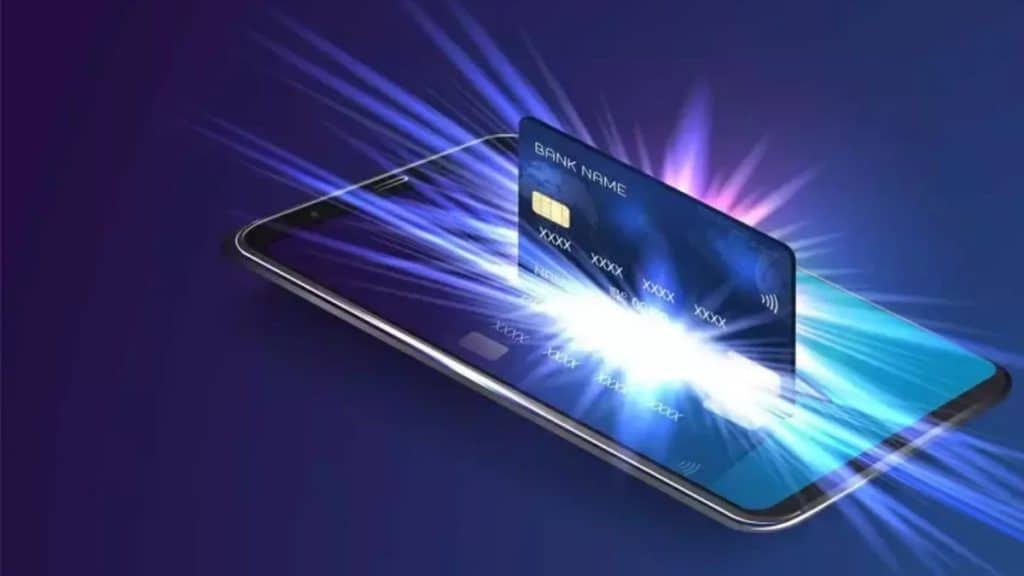Technology continues to advance mobile payment solutions, replacing physical credit cards with versatile digital alternatives holding unique potential. As virtual debit and prepaid cards gain steam across consumer segments, heightened security, flexibility and budgeting control address evolving demands. Understanding the key mechanisms behind virtual card issuance unlocks informed adoption for simplified financing in digital age commerce. In this article, we’ll explore how virtual cards work, why you need one, and how they can streamline your financial transactions.
Understanding Virtual Cards
Virtual cards, also known as digital cards or e-cards, are essentially electronic versions of traditional plastic cards. Instead of being physically issued and stored, virtual cards exist only in digital form and are typically associated with a specific account or payment platform. They function similarly to physical cards, allowing users to make online or in-app purchases without the need for a physical card to be present. One popular example is the Getsby Virtual Card, a virtual card you can use worldwide to pay for your favourite subscriptions, gaming, or shopping.
How Virtual Cards Work
When you sign up for a virtual card, you’re typically provided with a unique card number, expiration date, and security code, just like a traditional card. However, instead of receiving a physical card in the mail, this information is stored securely within a digital wallet or payment app on your smartphone or computer.
When you make a purchase online or in-app, you enter the virtual card details just as you would with a physical card. The transaction is then processed electronically, with the virtual card acting as a temporary placeholder for your payment information. Once the transaction is completed, these card card can be used again for future purchases or automatically regenerated for added security.
Benefits of Virtual Cards
- Enhanced Security: One of the primary advantages of virtual cards is their enhanced security features. Since these cards are not physical objects that can be lost or stolen, they offer greater protection against fraud and unauthorised use. Additionally, many virtual card providers offer advanced security features such as single-use card numbers and transaction limits, further reducing the risk of fraud.
- Convenience: It offers unparalleled convenience, allowing users to make secure payments anytime, anywhere, without the need for a physical card. With these cards stored digitally within a mobile app or digital wallet, you can easily access your payment information and make purchases on-the-go, whether you’re shopping online or in-store.
- Expense Management: These cards are an excellent tool for managing expenses, particularly for business owners or frequent travellers. With virtual cards, you can easily track and categorise your spending, set spending limits for individual cards or transactions, and generate detailed reports for accounting purposes. This level of control and visibility can help you stay on budget and make informed financial decisions.
- Privacy:It offers greater privacy compared to traditional credit and debit cards. Since virtual cards are not tied to your bank account or personal information, they provide an added layer of anonymity when making online purchases. This can be particularly useful when shopping on unfamiliar websites or in situations where you want to protect your privacy.
- Instant Issuance: Unlike traditional cards that may take days or weeks to arrive in the mail, they can be issued instantly upon request. This means you can start using your card immediately, without having to wait for physical delivery. This instant issuance feature is especially valuable in situations where you need to make a purchase quickly or replace a lost or compromised card.
Why You Need a Virtual Card
In today’s fast-paced and increasingly digital world, having a virtual card is essential for staying secure, organised, and in control of your finances. Whether you’re shopping online, managing business expenses, or travelling abroad, virtual cards offer a convenient and secure payment solution that can simplify your financial transactions and provide peace of mind.
In summary, virtual debit/prepaid cards fill financial management voids less gracefully addressed by their traditional counterparts. Visit the Britain Observer for more information on digital cards. Security advantages accelerate adoption while spending controls tailor individualised needs. As lifestyles digitise further, innovators will continue removing payment friction through virtual card enhancements that meet customer expectations.
